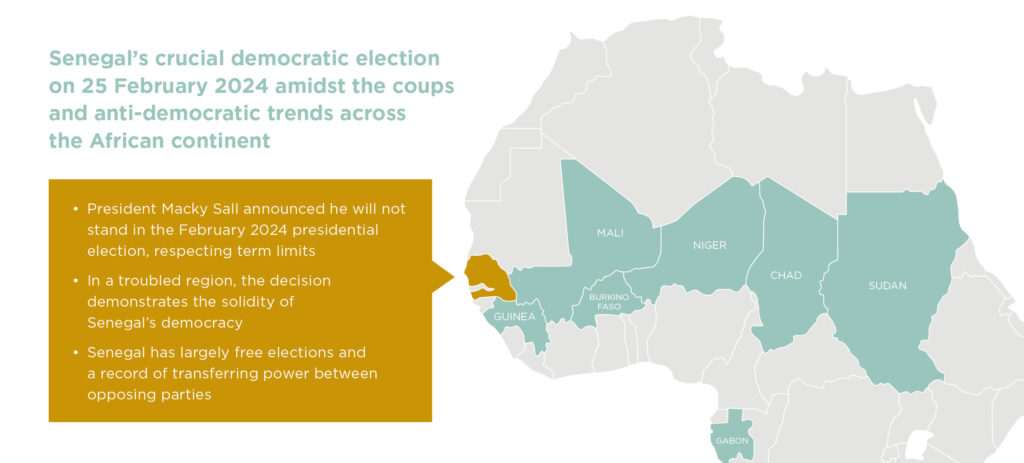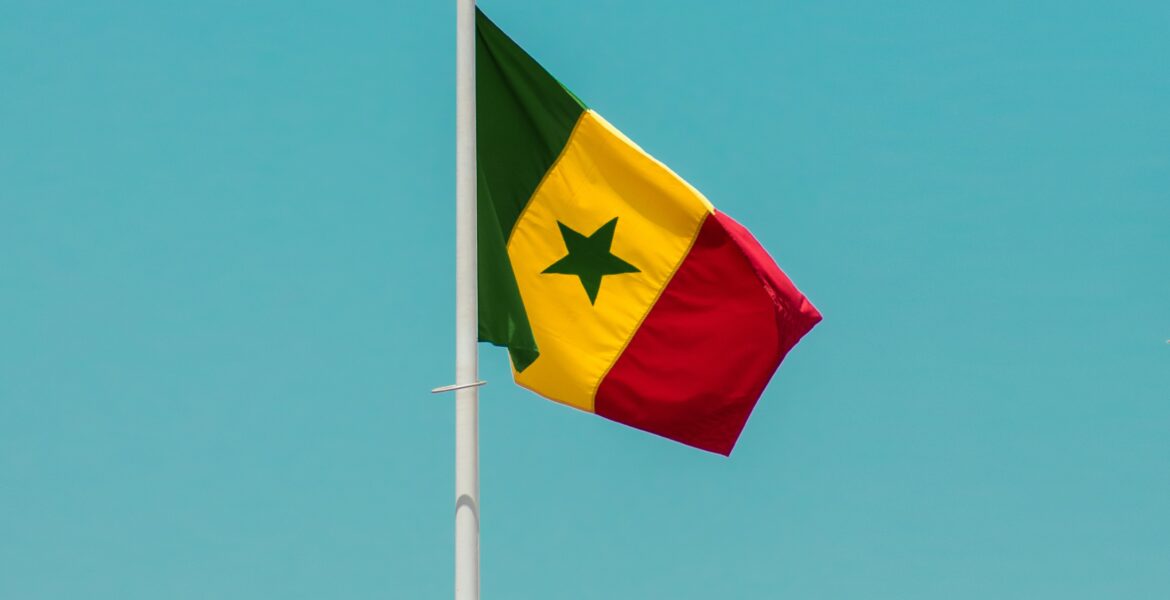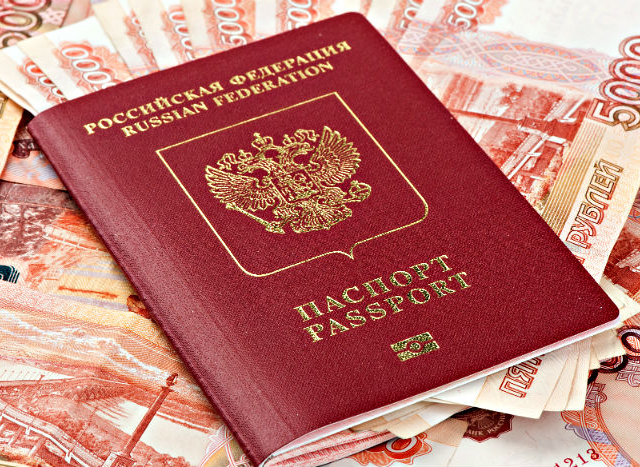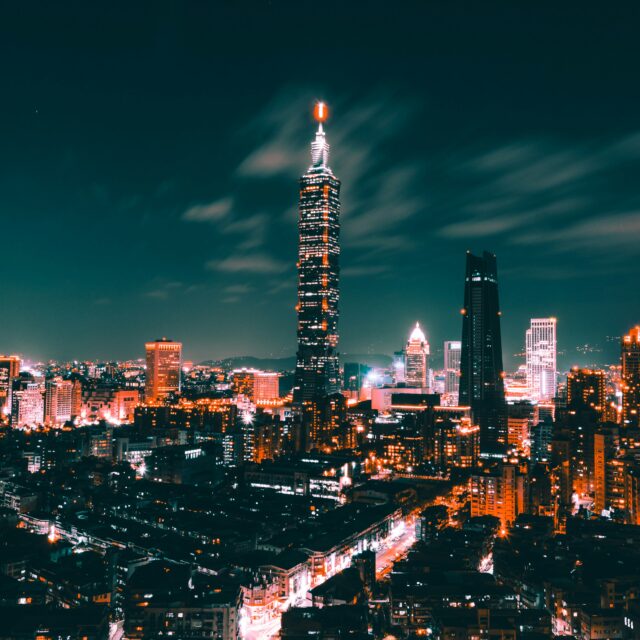Photo by aboodi vesakaran on Unsplash
On a continent hit by a spate of coups and hindered by leaders resistant to stepping down at the end of their constitutional terms, Senegal stands out as a democratic beacon. Among other democratic credentials, they have in President Macky Sall a leader who believes in transition and the country’s life after his presidency. But the European Union and its allies should keep a close eye on Russian interest in the Senegal election and rumours that Russian private armies are already in the country, ready to exert influence, writes Rachel Miller.

Last year gave grounds for despondency about African democracy, with 2023 becoming known as the year of coup d’etats, with seven taking place in just over one year. The coup-stricken countries stretch all the way across the continent, forming the longest belt of military rule in the world. This, coupled with leaders clinging to power beyond constitutional term limits, has left the international community fearful of what 2024 might bring. However, with important African elections coming up this year, there remain hopes that countries like Senegal will continue to buck the trend and remain committed to peaceful transition, providing an alternative model to the spate of putsches and leaders who will not leave.
There can be no doubt that those who watch Africa closely are pessimistic. When Niger’s Mohamed Bazoum’s fall completed that coast-to-coast military corridor, Paul Collier, Professor of Economics and Public Policy at Oxford University’s Blavatnik School of Government stated: “I’m very worried that Sahelian Africa is going to melt down.” However, there has been a bright spot on the horizon in the form of Senegal. The year 2023 saw President Macky Sall announced his decision not to seek a third term as Senegal’s head of state, asking his government to do everything possible to organise a transparent election in February 2024.
President Sall’s announcement was a welcome contrast to leaders using constitutional changes as an excuse to reset their mandate and extend their hold on power. His decision won him praise from neighbouring leaders and the African Union. U.S. Secretary of State Antony Blinken said: “We believe that free and fair elections and transitions of power yield stronger institutions and more stable and prosperous countries. President Sall’s clear statement sets an example for the region, in contrast to those who seek to erode respect for democratic principles, including term limits.” UN secretary-general António Guterres also offered warm praise: “I would like to express my deep appreciation for President Macky Sall and the statesmanship he has shown. His decision represents a very important example for his country and the world.” The French foreign ministry added: “Senegal is again delivering proof of the solidity of its long democratic tradition.”
International media also hailed President Sall’s decision, with the Economist explaining that it “gives a much-needed fillip to democracy in the region. Three nearby countries—Burkina Faso, Guinea and Mali—are run by soldiers. In Ivory Coast, west Africa’s other Francophone pillar, President Alassane Ouattara is serving a third term based on a dubious twist of the constitution. Indeed, of all mainland Francophone Africa’s countries, arguably only Senegal can boast that it is genuinely democratic. It has largely free elections, a record of transferring power between opposing parties, and (still) resilient constitutional limits.”
The tone of President Sall’s announcement was one of optimism and a belief in his country: “Senegal is more than just me, it’s full of people capable of taking Senegal to the next level.” His decision was also applauded by many in the country, with Hassame Drabo, a company executive, saying: “I feel pride… the outlook is good,”. Alioune Tine, a veteran campaigner on the three-term issue, described Sall’s words as a “deliverance… a great speech. Former prime minister Abdoul Mbaye said he felt “greatly moved” by what he said was President Sall’s principled stance.
President Sall had already laid his marker down firmly on the side of democracy, even before his announcement. For example when hostinghis annual Dakar International Forum on Peace and Security in Africa this year, he decided not to invite representatives of the region’s governments that have recently emerged from coups, including those of Mali, Guinea, Burkina Faso and Niger. Certainly President Sall has had a closer view than anyone of the coups in Africa since 2020. Two of the first were in Mali, Senegal’s biggest trading partner. Then came one in another neighbour, Guinea, followed by a failed attempt in Guinea-Bissau. President Sall was chair of the African Union when the coup epidemic struck in Burkina Faso for the second time within 2022. He played a prominent role leading the response of regional bloc the Economic Community of West African States (ECOWAS), to every coup, including one in Niger in July.
One of the key indicators of democracy is the free, smooth and transparent transfer of power. President Sall has already played his part in allowing that to happen. When the 25 February 2024 Senegal presidential election rolls around, the stakes will be high, not only for Senegal, but also for the continent and beyond. For many, 2024 seems amake-or-break year for democracy globally, and Senegal’s February 2024 presidential election will be an early bellwether of whether democracy will prevail or succumb to autocrats and anti-democratic forces. Senegal will set the tone for the important elections across the continent next year, including in Mali, which is currently under military rule, South Africa, Ghana and Botswana.

A threat on the horizon seems to be Russian interference in the Senegal election, with one European diplomat explaining that Moscow is determined to see a Kremlin-friendly candidate in power in Dakar and to further cement Russian influence.
He explained: “Yes, Senegal is indeed a bright spot on the horizon, when all its neighbours seem to be abandoning democracy. But this is a crucial and fragile moment. The Russians are not only interested in the outcome of this election – they have boots on the ground in the form of their private armies, the usual suspects. They are ready to make trouble and create conflict to protect and promote Russian interests. It is not a time for international complacency where Senegal’s democracy is concerned.”
What happens in Dakar on 25 February 2024 will have an impact not only for Senegal’s future, but also far beyond. It’s a moment for international scrutiny and for the European Union to have its eyes wide open regarding Russian intentions.
The Author, Rachel Miller, is EU Political Report’s African Affairs Correspondent.




